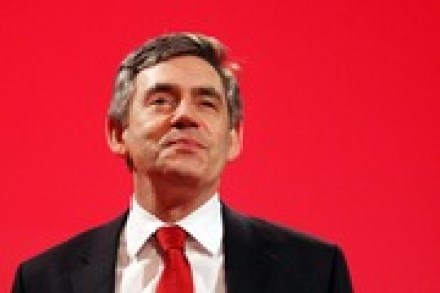Gordon’s roof
Today’s speech by George Osborne attacking Gordon Brown’s record for economic competence is an important development in the rolling out of Tory strategy. The charge that Gordon is not up to the job is not new, of course, but this is the first time it has been put at the heart of the Conservative attack. The notion that the PM failed to “fix the roof while the sun was shining” will be central to the Cameroon assault on Brown’s credibility. How things change. A year ago, the worry among thoughtful Tories was that the election would be a battle between change (Cameron) and competence (Brown): their fear was that, as







